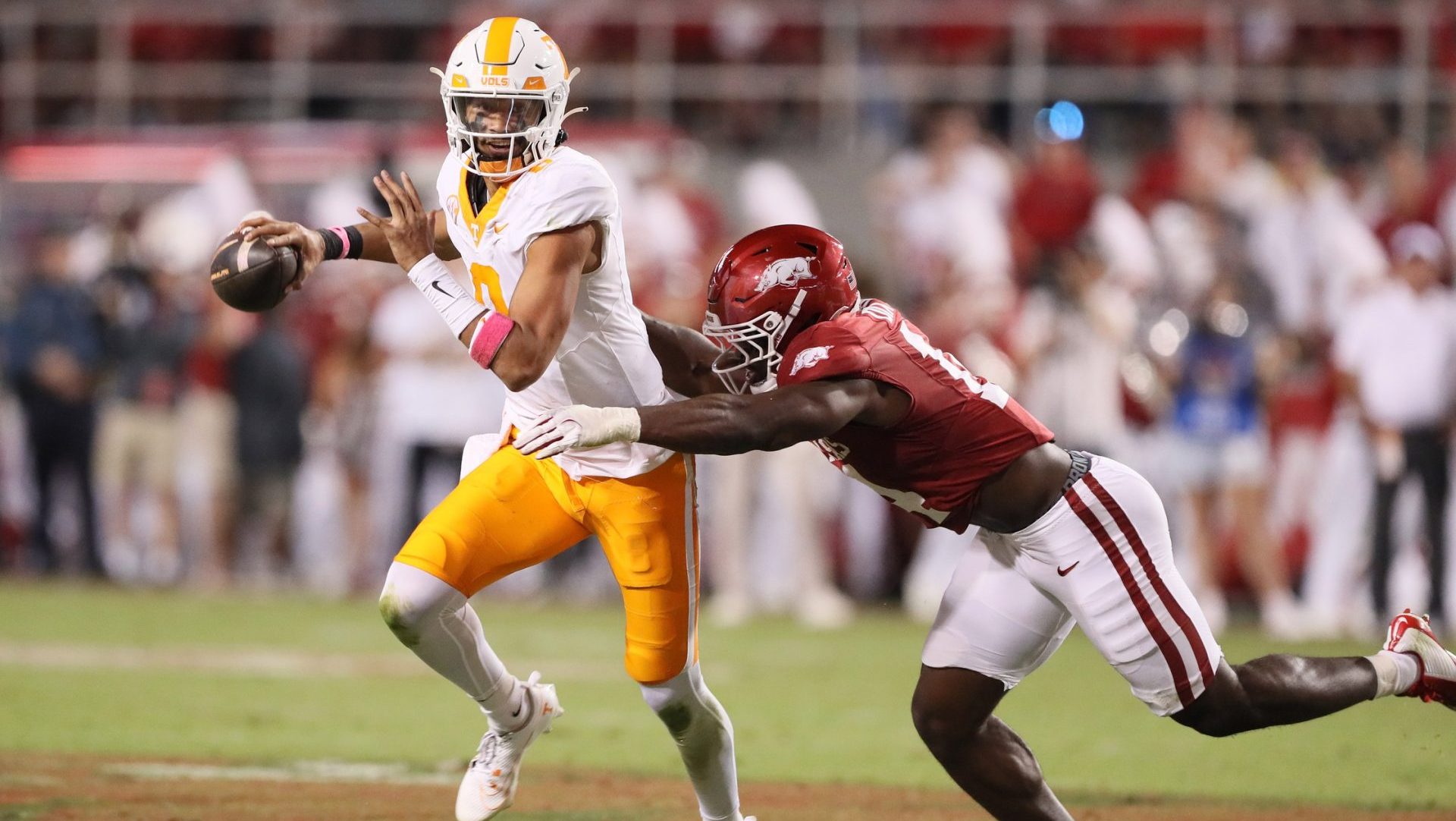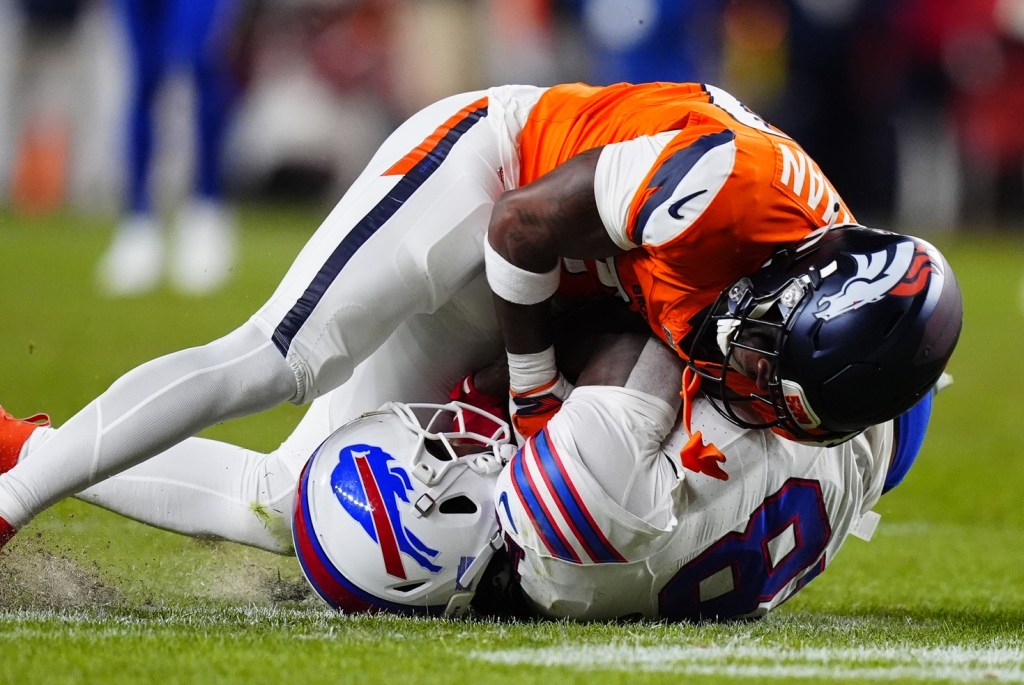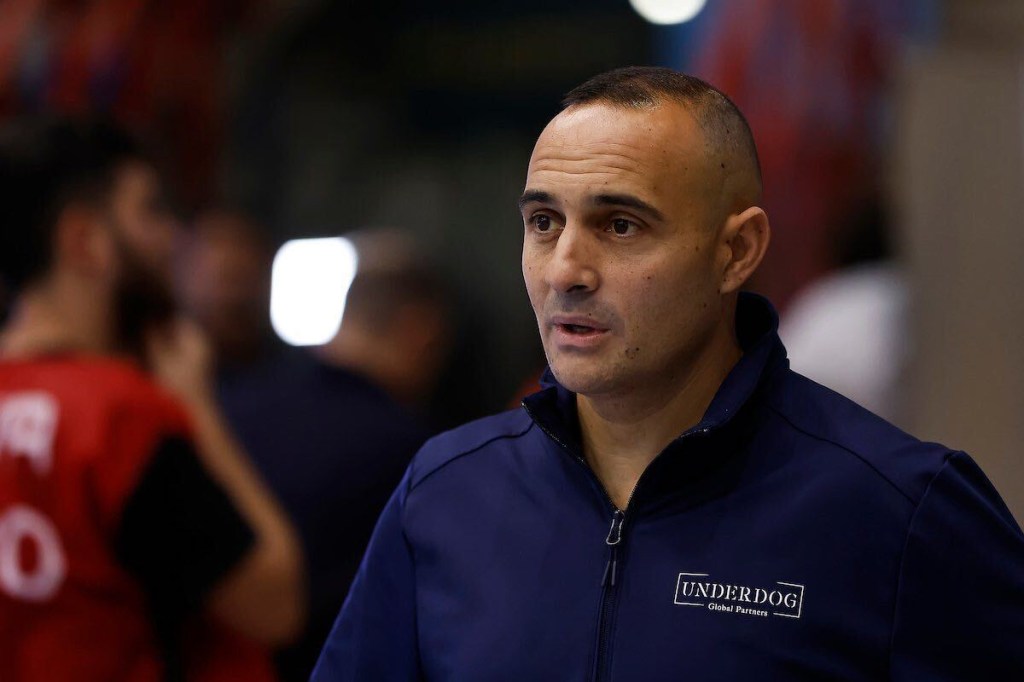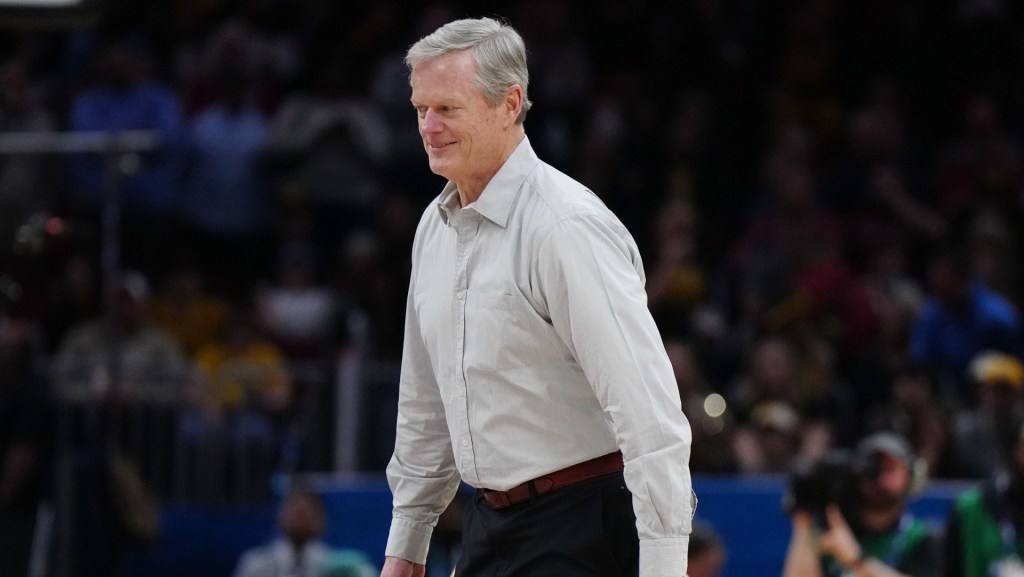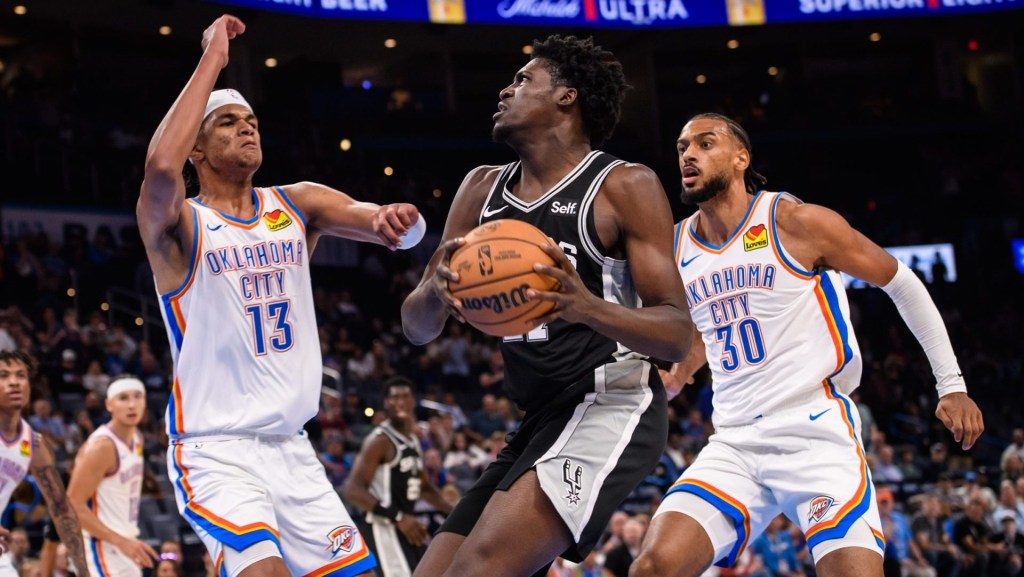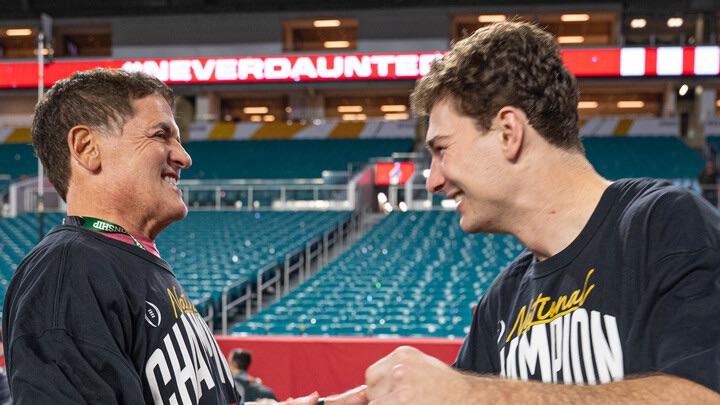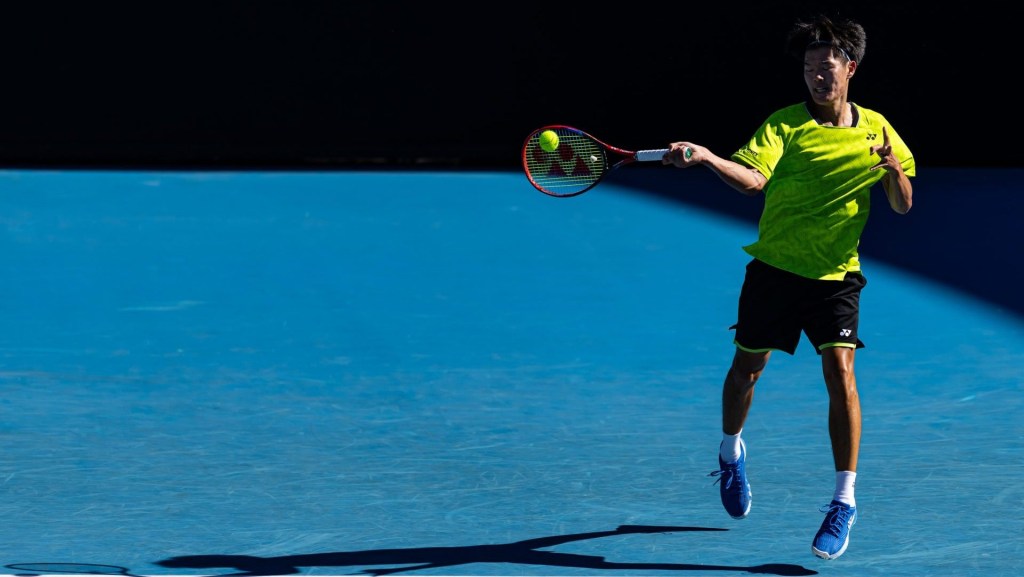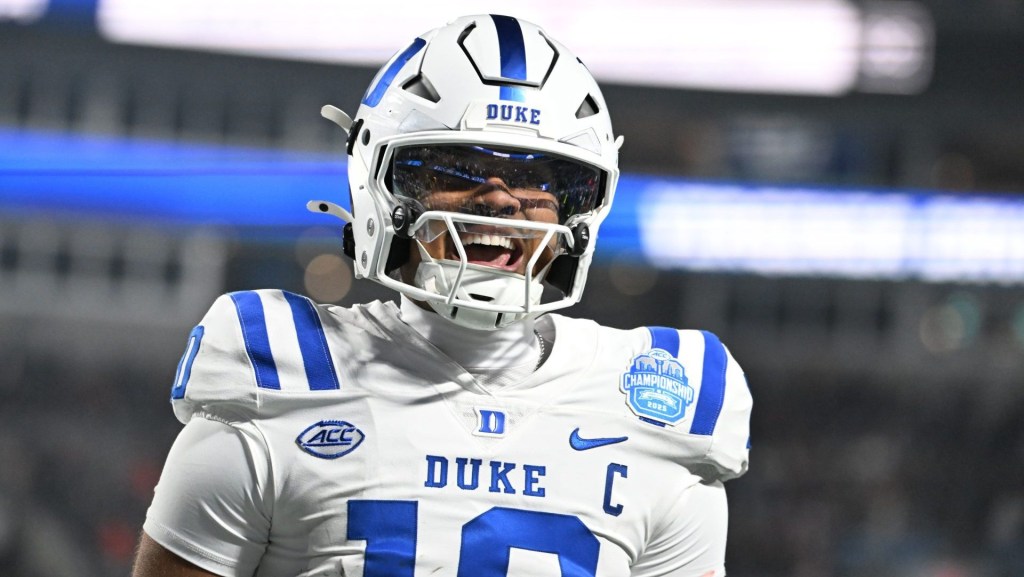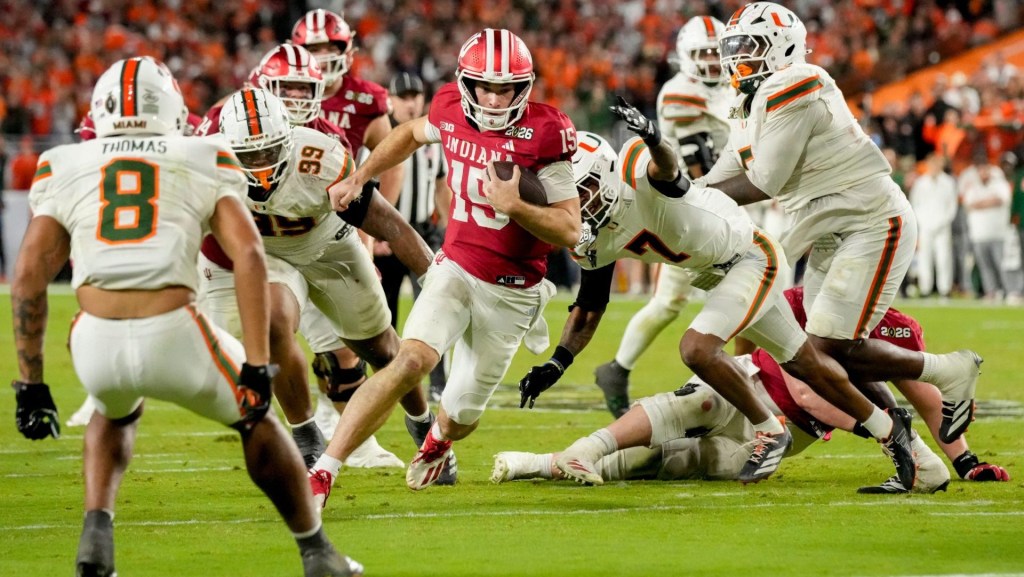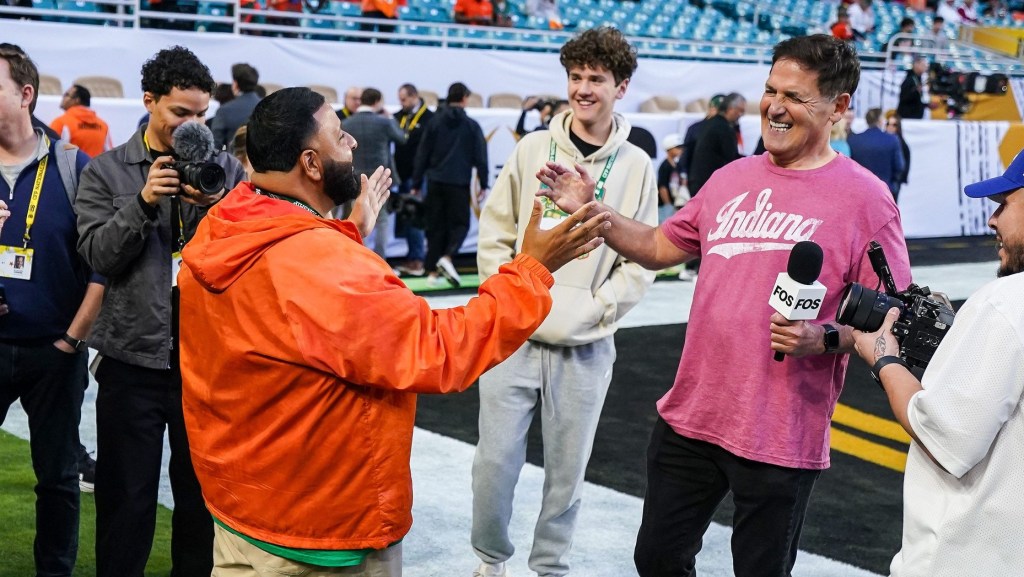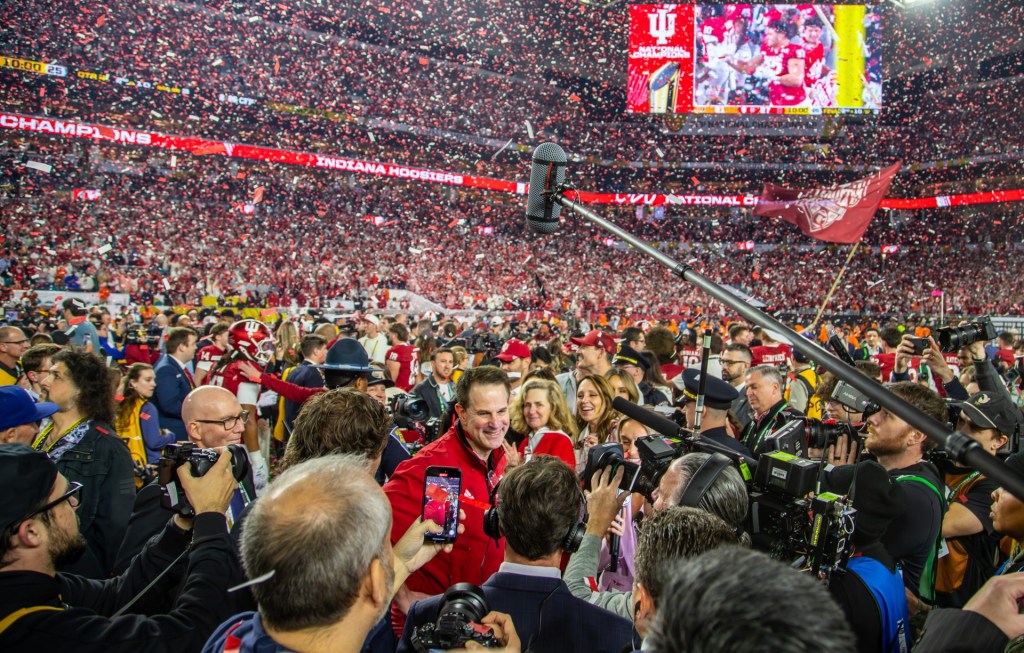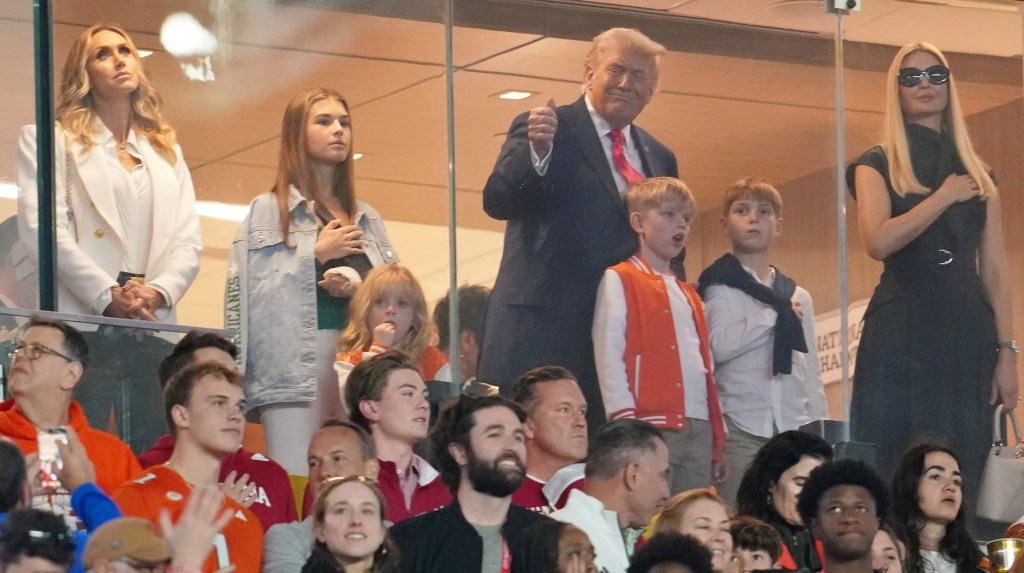The House v. NCAA settlement would implement a new NIL (name, image, and likeness) deal approval process to eliminate “pay-for-play” booster and collective NIL deals. But the NCAA and power conferences have released few details about how the system, a clearinghouse run through software created by Deloitte, would actually work—until now.
A new three-page memo, distributed to schools by officials involved in the settlement and obtained by Front Office Sports, sheds new light on the clearinghouse, which would be called “NIL Go.” Some of the biggest revelations: The clearinghouse itself wouldn’t be able to block certain deals—instead, it would just flag them. Schools will be in charge of determining the difference between a booster and collective versus a non-affiliated brand. And Deloitte will potentially charge hefty fees, anywhere from $5,000 to $500,000 per school.
But plenty of questions remain, including whether it’s legal for the NCAA and conferences to determine “fair-market value”; what penalties athletes will face if they refuse to participate in the process or go forward with deals regardless; or whether the rules are enforceable. Several industry experts tell FOS they see myriad issues with the plan—including those that could be fodder for more lawsuits.
“The proposed settlement does not create stability in college athletics,” Russell White, head of an organization representing NIL collectives called The Collective Association, tells FOS. “It actually creates new chaos.”
The confusion comes just a week before the settlement could receive final approval (or denial) by Northern District of California judge Claudia Wilken. If approved, the terms, including the requirement for all NIL deals to run through the clearinghouse, would begin July 1.
More info on the NIL clearinghouse provided by the official: pic.twitter.com/XbqQgnZ4ud
— Amanda Christovich (@achristovichh) May 15, 2025
In the new process, athletes would submit the deal information to their athletic department, which would have to determine the “status” of the entity paying them—whether they’re boosters or collectives. The criteria suggested include not just whether the payor was created to support an athletic department (like a collective) or has contributed more than $50,000 to the school (like a booster). It could also be a company with “employment or ownership roles tied to the institution or associated entities.” Schools will each appoint an employee, dubbed a “change champion,” to facilitate and oversee this process at the campus level.
A recent draft of the settlement suggested that only deals considered to be from boosters or collectives (or companies that could theoretically be considered boosters) would go through this analysis. A deal in this category would run through Deloitte’s system to determine whether it offers a fair-market value payment to a player for NIL activities—like an endorsement, autograph signing—or whether it’s pay-for-play disguised as NIL.
One of the biggest legal and logistical questions has been how fair-market value would be determined. According to the memo, Deloitte’s software will use a 12-point analysis comparing the deal with “similarly situated deals,” looking at “social media presence, local and institutional market size, and brand influence.” Even though the deals aren’t supposed to be pay-for-play, the criteria will include on-field performance and roster value.
If the deal is “not cleared,” players have several options: They can cancel the deal, renegotiate it for less money and resubmit it to the clearinghouse, request “neutral arbitration,” or “proceed at risk of eligibility consequences.” The memo did not name who would run the arbitration, nor did it outline specific consequences athletes could face if they went forward with deals.
Deloitte won’t oversee the enforcement process, however—that’s up to an “enforcement entity” to be created by the NCAA and power conferences.
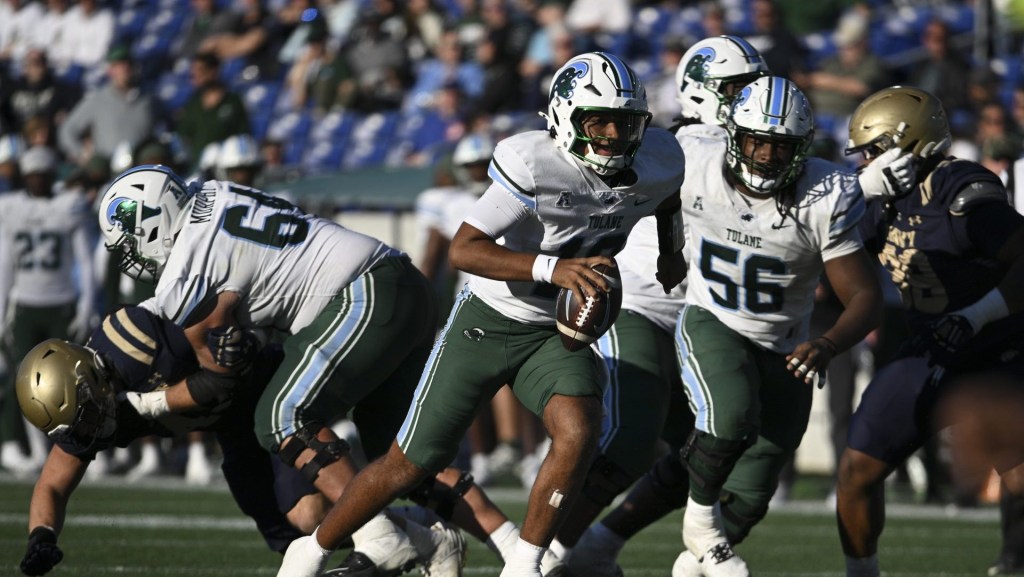
The outlined process has raised a long list of questions with industry experts, including lawyers and collective operators. “I had a good laugh,” White says of his first read of the memo.
The biggest question: Will the criteria used to determine fair-market value hold up in court? If a player is told they can’t go forward with a deal because it pays too much, the player or the collective/booster could sue. “There’s no formula for what someone is ‘worth’ in this space,” White says. “The market decides that. It’s what someone’s willing to pay, not what an algorithm says they should be worth.”
NIL attorney Darren Heitner tells FOS, “The framework is a major legal issue. Determining ‘fair market value’ for NIL deals is subjective and could lead to disputes between athletes, businesses, and the clearinghouse.”
The required submission to the clearinghouse could even violate the terms of athletes’ NIL contracts, since many include confidentiality clauses that could be broken if a player submits them to a school or allows them to go through Deloitte’s software.
Ultimately, it’s unclear whether the clearinghouse will have any teeth. The NCAA has not said what penalties schools, athletes, or associated boosters would incur if they either refuse to participate in the clearinghouse or go ahead with deals that have been flagged. And that could be a major problem for the NCAA, given its track record of similar restrictions being struck down in court. As a result, the NCAA hasn’t punished a player for violating an NIL rule.
It’s possible that, because these are the terms of a settlement that schools and class counsel agreed to, the punishments could withstand litigation. But boosters, collectives, and other companies aren’t parties to the lawsuit, so there’s an expectation that they’ll sue if their deals are blocked.
“The settlement agreement allows the conferences and NCAA to make rules surrounding this, but the vagueness of that power might be an issue in any subsequent litigation,” Boise State law professor Sam Ehrlich tells FOS. “Yes, athletes released a lot of these potential claims, but will that apply to punishments here given how vague and open-ended the settlement agreement is on this point? We’ll see.”
The NCAA did not respond to requests for comment regarding what types of penalties it would invoke if players decided to accept deals flagged by the clearinghouse, or declined to submit their deal information altogether. A representative for the power conferences declined to comment given the settlement’s ongoing nature.
“A lot of [athletic directors] I talk to are really, really looking for the House settlement to come through because they believe it’s going to create normalcy—it’s going to expose cheaters and make everybody play by the rules,” one collective operator, who spoke under the condition of anonymity, tells FOS. “That’s not what’s gonna happen.”
